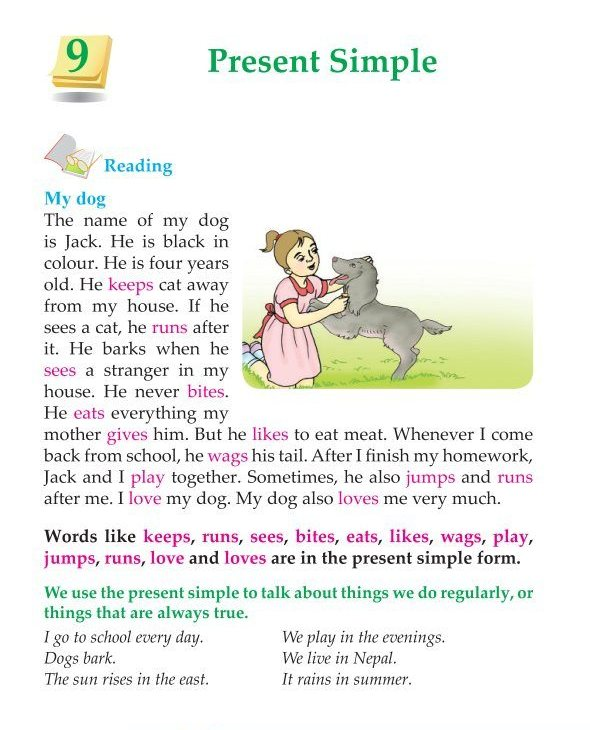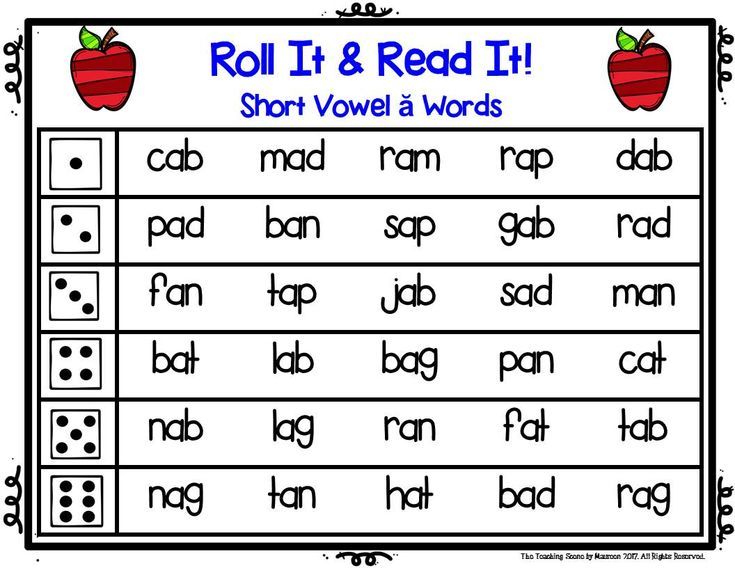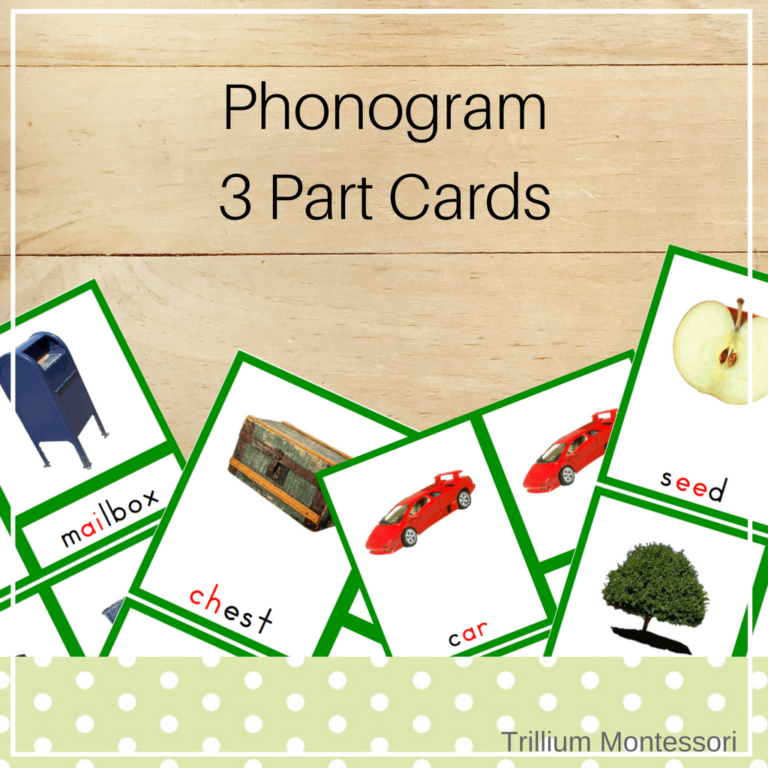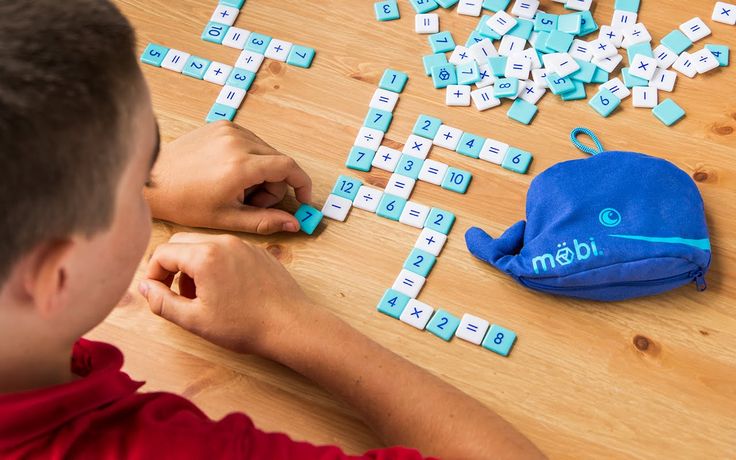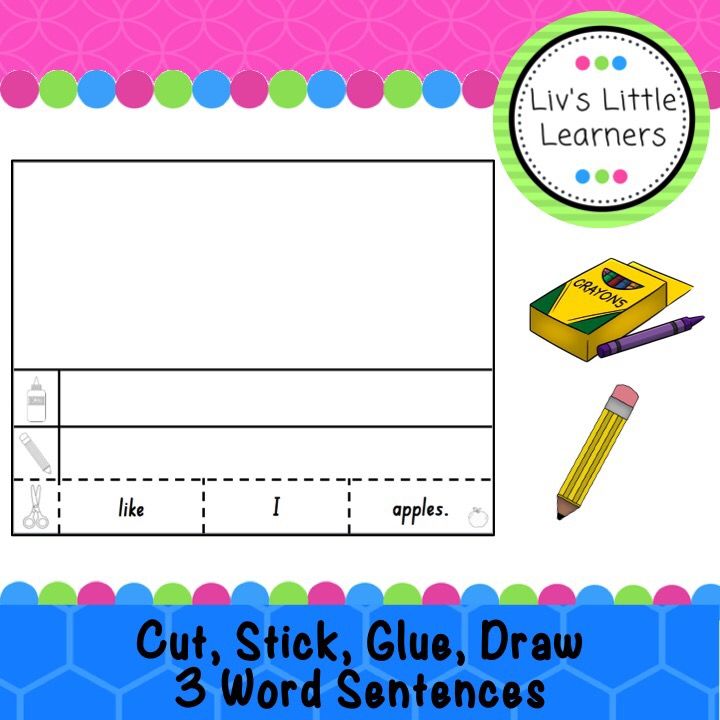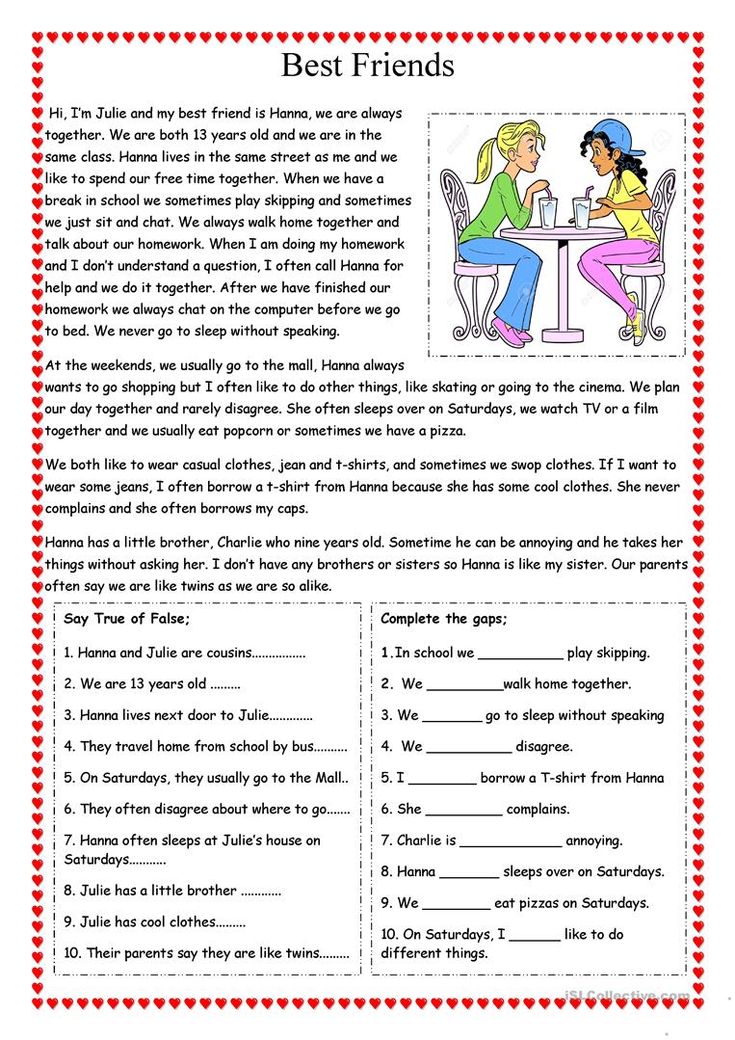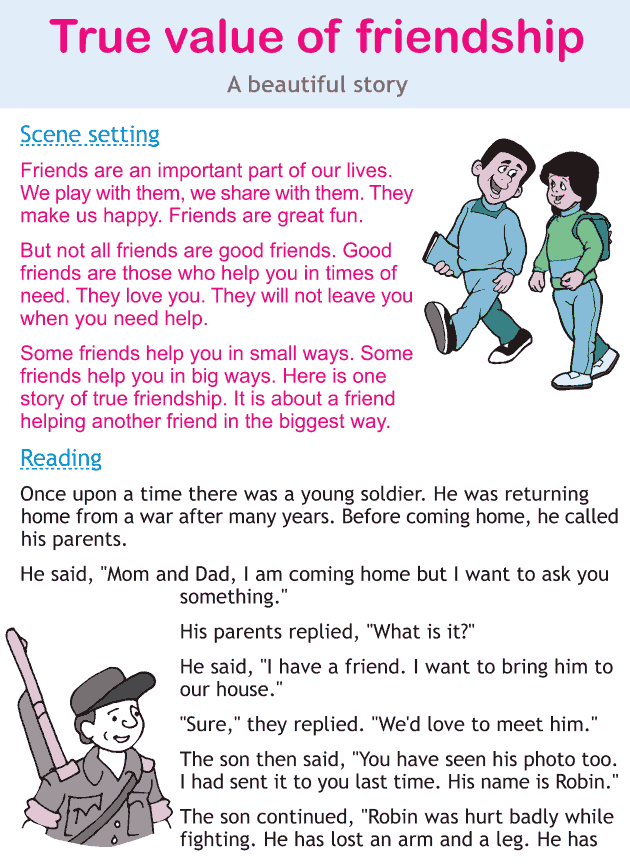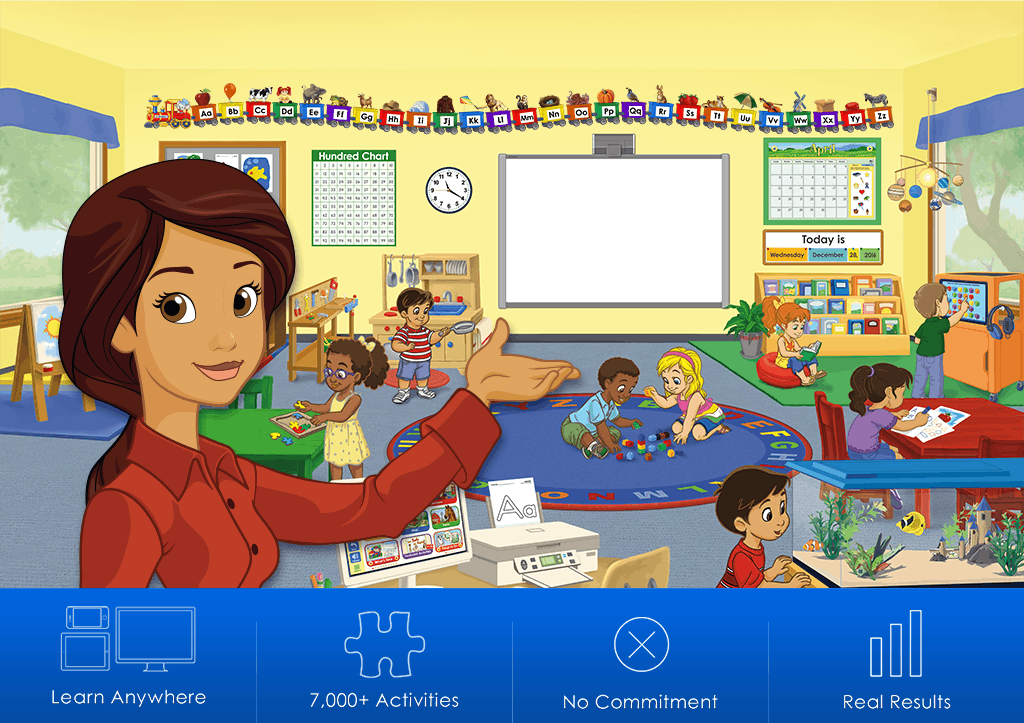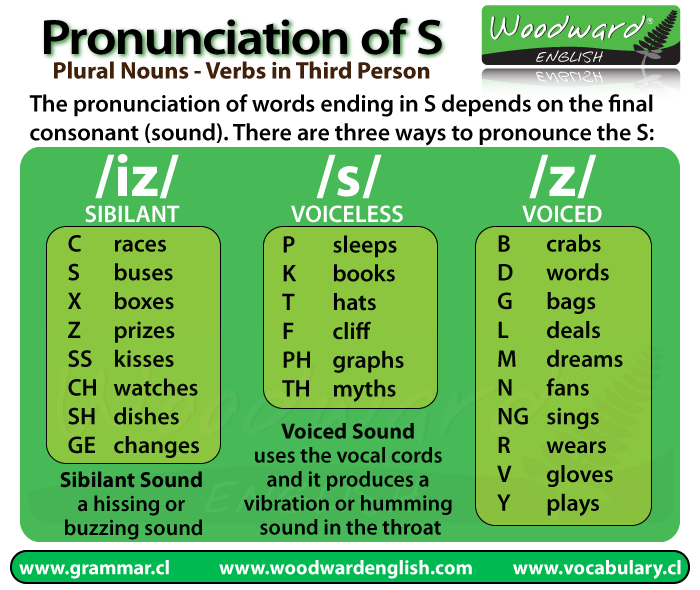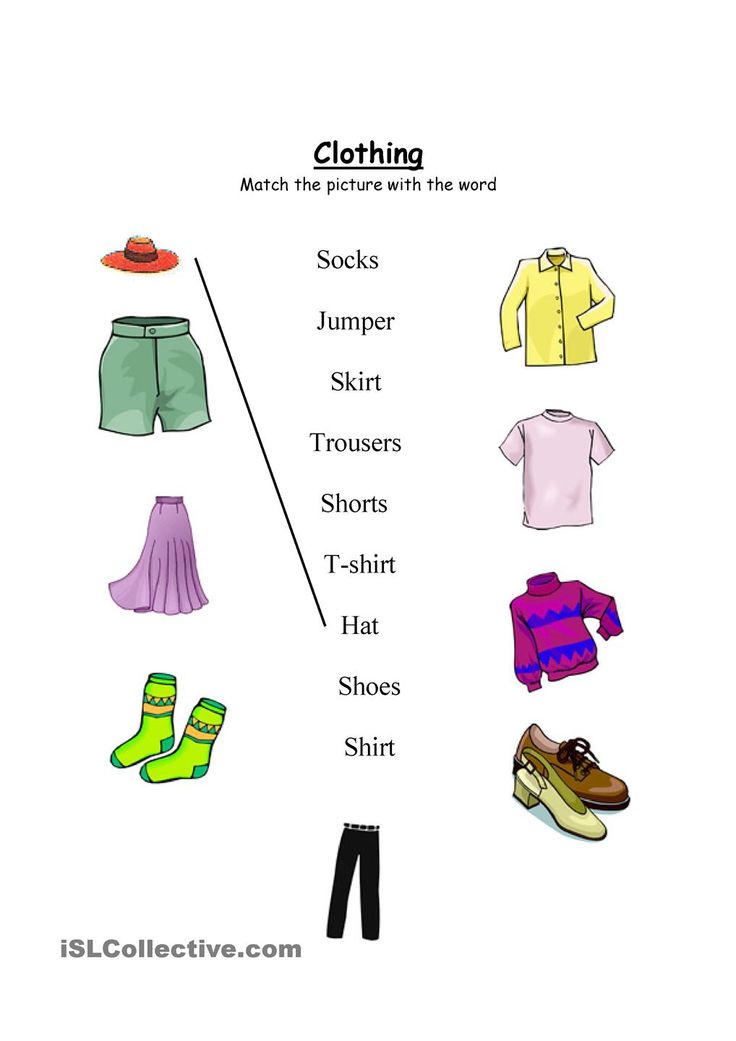Child listening to music
Why do children listen to the same music so often? Hörbert Blog
20. August 2021 25. August 2021
We have all been able to observe it in our little brothers and sisters, our own children or relatives. Children love music. They bob their bodies or clap their hands (almost instinctively). A study by the Institute for Learning & Brain Sciences, published about 5 years ago, shows that such behaviour is not accidental, but clearly serves to promote musical as well as linguistic rhythm. For the development of the brain, music is a blessing. The study proves that babies who listen to music often are better able to process new speech sounds. It did not matter which style of music was played. The main thing is the rhythm.
Learning effect and security through repetition
People learn best through repetition – this is especially true for babies and children. A toddler will press the same button over and over again to understand what the button does. Before our children pronounce “mummy” or “daddy”, babies nag at the syllables of “mummy” and “daddy” for several hours. Through repetition, children learn new things and store them. Listening to music with hörbert is no exception. Here too, we hear and read from parents that the child has one or more favourite songs that are played up and down.
Routines are very important for children. That is why, for example, uniform mealtimes and regular daily routines are firmly anchored in many families, providing predictability and structure. Especially children in their younger years absorb a lot of impressions and experiences – after all, there is a lot to discover. Repetition has a balancing effect and gives children a sense of security. At some point, the child also knows that the song or story will be the same one he or she already knows. Children feel more secure because of the mass of new impressions. Because in this case, the child has the feeling of knowing something and already knowing it. Relearning is briefly omitted here, the child is lulled into a sense of security and that feels good.
Relearning is briefly omitted here, the child is lulled into a sense of security and that feels good.
hörbert's ease of use
Children love repetition. It doesn’t matter if it’s their favourite book, toy or song. The easy operability of our music box benefits the child’s independence. The colourful buttons help children quickly remember where their favourite songs are. The skip back button takes them quickly to the beginning of the track. Our pre-recorded memory cards provide so much colourful choice of different titles that there is something for everyone.
Tips for parents
We notice: it is completely normal and okay if children like to consume the same things. This has its reasons and encourages the child. As parents, however, we can of course help. With a few creative ideas, the umpteenth repetition can be given a new look.
If the child always wants to hear the same song …
- Continue the story: simply pause after the song, continue the story yourself and fantasise with the child.

- Shift the focus: sometimes the focus can be on the lyrics, sometimes on the music. Every song is complex and offers many facets.
- Offer alternatives: the child can be shown similar music or music by the same artist. This way there are different variations of the similar.
If you as a parent can play an instrument or sing, the song can be learned, played and sung yourself – as a change and to involve the child.
25 Reasons All Children Should Be Listening to Music ~ Thisnthatparenting
Sharing is caring!
Character traits of ‘bad’ PhD s...
Please enable JavaScript
Character traits of ‘bad’ PhD students
- Share
- Tweet
Children LOVE listening to music. If there’s a child who doesn’t love music, then I’m going to argue that they haven’t met their hearts match where music genre is concerned
This post has affiliate links to help keep this blog running and I may earn a small commission at no cost to you.
Born to Dance
Did you know that humans are born to dance? Researchers have found that babies prefer to listen to the beat of music over speech. (Source) They decided this by testing the babies reactions to speech vs. their reaction to music. Let’s just say, don’t feel bad if you run out of things to talk about with your baby. Just turn on some music. Try several age-appropriate genres and decide which your baby prefers. You’ll know by their reaction.
Moreover, have you ever noticed that you can turn on music and a baby who has never seen dancing will start to bounce up and down? Secondly, the child who has just started walking will move from foot to foot, stiff-legged, large smile, swaying head. Next, the child gets to the toddler stage, he might start to get a little hip action going or the infamous spin until your dizzy and fall down. Soon, they’ll move on to preschool dance moves where some breakdancing and other floor action usually takes place. Again, the child may have never seen any of this stuff.It’s almost as if Child Developmental Specialists should include dance moves in the baby’s milestones checklist. Can he recognize his name? Check.Can he throw a ball? Check.Can he get dressed by himself? No.Can he follow 2 step directions? Sometimes.Can he breakdance? Oh yeah!
Again, the child may have never seen any of this stuff.It’s almost as if Child Developmental Specialists should include dance moves in the baby’s milestones checklist. Can he recognize his name? Check.Can he throw a ball? Check.Can he get dressed by himself? No.Can he follow 2 step directions? Sometimes.Can he breakdance? Oh yeah!
Music : Children :: Air : Breathe
To begin with, George Santayana said, “The earth has music for those who listen.” Our children want to “stop and smell the roses” nonstop. Why? Because they are virgins to this Earth. Children appreciate. Kids are curious. They are explorers. Read that quote again. Our children hear the Earth’s music. Don’t stop them from dancing to it. Let them take time to smell the roses.
Secondly, “After silence, that which comes nearest to expressing the inexpressible is music,” was a brilliant statement by Aldous Huxley. Before our children can talk, they can follow the beat, sway with the tune, and smile to the lyrics. Music gives them expression. When your child finds their genre love, give them a healthy diet of it.
Music gives them expression. When your child finds their genre love, give them a healthy diet of it.
Thirdly, The female legend, Maya Angelou, wrote, “Music was my refuge. I could crawl into the space between the notes and curl my back to loneliness.” Similarly, followed by Taylor Swift, “People haven’t always been there for me but music always has.” This is how teens feel. This is what music is for that tween or teen who is finding themselves. Who doesn’t realize they are not one-of-a-kind where their problems are concerned.
When so much is at stake as far as mental health, this is why it is important to make sure what is going into those ears musically, is what you wish you could be empowering them with. Hope. Safety. Dreams can happen. Who cares what everyone else is doing! music. Not tearing them down. Not degrading their bodies or enhancing their sinful thoughts.
Help them make the right choice on what they listen to. Without a doubt, the best way to do that is by modeling it.
Lastly, “Those who were seen dancing were thought to be insane by those who could not hear the music,” is thought to have been spoken by Friedrich Nietzsche. With this quote, I question, why is it so cute to see a child dance to the beat of their own drum, but the older one gets, it is not so often thought cute? As children, we dance so freely. Not worried about what others think. If we’re doing the “in” moves. Totally present in the moment. Laughter spills out of the grins. What happens to us? If you still do this, cheers to you. I do, but not in public.
Music Increases Dopamine ProductionParticularly, studies indicate that the main reason humans want to listen to music is that it arouses emotion. (Source) Unsurprisingly, we actually look for music to match our current mood, (Source) but surprisingly, we can change a negative mood by choosing positive music. Much of this has to do with the production of dopamine. Important to realize, studies show that just by thinking about listening to music can release dopamine. To illustrate, the following short video explains the relationship between music and dopamine.
Important to realize, studies show that just by thinking about listening to music can release dopamine. To illustrate, the following short video explains the relationship between music and dopamine.
How Listening to Music Benefits Children
*Sources unless otherwise stated: Gari Stein, and Kendall Deflin
- Strengthens listening skills
- Increases attention span
- Encourages motor skills
- Helps boost language skills
- Promotes emotional well-being
- Gives an opportunity to practice social skills when listening with others
- Calms and focuses the mind
- Reduces Depression
- Urges you to eat less
- Makes a commute less stressful, more enjoyable, happy and pleasurable if positive music is playing
- Supports the development of reading skills (To Learn More)
- Improves memory
- Elevates oral and written language
- Supports bonding and connection with whomever the musical experience is shared with
- Can accelerate brain development (Source)
- Provides joy
- Decreases stress
- Increases and betters sleep
- Can alleviate pain
- Uses energy
- Learn to sing-along, keep up with the music’s pace, rhythm, and rate
- Brings out the personality
- Learn dance moves
- Any child, but especially a child with any type of special need can benefit greatly from music therapy
What Kind of Music To Provide for Your Children
- All genres as long as they are age appropriate
- Parents sing to children
- Depending on the mood we are trying to create, should depend on the speed of the beat
- Songs about bathing, dressing, eating, and other routines, You can make those up.

- Repetition of songs
- Silly songs
- Age or language appropriate live concert
- Rhythms with a definite beat
- Nursery Rhymes
- Finger, hand and body motion songs
- Counting, spelling memorizing a sequence such as Bingo
- Songs to Raise Your Kids To
- Kidz Bop Music
- Radio for Kids Music on Pandora – Create your own playlist
- Soundtracks from their favorite movie
- Don’t forget about your local library’s music collection. Usually, they have an endless supply of children’s music.
Set Up a Listening Station in Your Home
You can set up a music station in your home where children can play their favorite tunes. In fact, this has brought so much joy to my family that I put one upstairs and one downstairs. My 2 year old uses it the most. It is amazing to me how quickly he learned to work the CD player and how often he thinks to turn songs on. Most importantly, it adds joy and energy to our day.
- music player – You can include a CD player or a device can be used where a playlist is saved.
- microphone- We have the one below and our whole family takes turn jamming out on it.
- instruments
- children’s music CDs
- headphones
Before you release this, have a discussion with your family about how you expect the items to be used and taken care. Add one item at a time so the kids appreciate it and own it. Train your child to use all of the items in your center, and you will be amazed at what your blooming musician has to offer to your entertainment life.
What Music Should Be Off Limits?
According to the American Association of Pediatrics, the American Academy of Pediatrics and the Rand Group, and other children are affected by what they listen to.
If you put sex, drugs, alcohol, spinning out on a back road, derogatory language… into your child, there’s a lot better chance that is what will come out and at an earlier age. There can also be a greater risk for children becoming depressed, cutting, and anxiety-filled if they are exposed to a lot of stressful music and/or music videos. From what I read, there’s not a lot of good outcomes of heavy metal listening.
As with most laws of the land, if A + B + C is put in, ABC comes out. There’s no reason to be surprised when ABC is the outcome. Make sure the music you allow to enter your child’s ears has the message that will benefit your family culture.
Also, just because the music is produced for children does not mean it is the best choice. If the whole CD has the same children or person singing with the same beat, it’s probably poor quality. If you don’t have a good feeling about it, if no one is enjoying it, if it doesn’t serve the purpose you are trying to achieve, avoid it.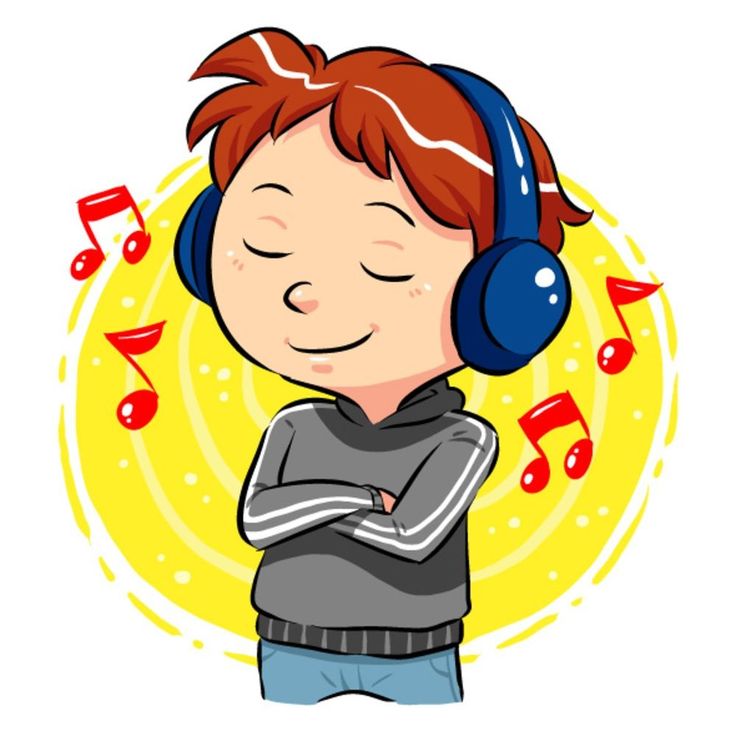
The Children’s Music Collections My Family Enjoys Most
The 123, 3 disc, Collection is great for the price. You won’t run out of songs, and this will give you a lot of selection. This is one of the first collections I used during infant, and we still listen to it. We also own the 123 Bible songs, and they are just as enjoyable. Altogether, this collection is beneficial for making sure your child has exposure to a plethora of nursery rhymes and kid’s tunes.
Songs For Wiggleworms is a great get you up and moving CD. Librarians used this at a library program we attended, and we enjoyed it so much that I added it to our collection. It’s folky. It’s fun. Without a doubt, there’s a reason why it won a Parent’s Choice award. Unquestionably, you’ll like it just as much as the kids.
15 Songs Every Kid Should Know is my 2nd place personal favorite! Absolutely the best version of Old Mac Donald I’ve ever heard. As an illustration, I can’t help but get up and do my wanna-be version of a Jamaican Dance. This is a collection that is great for road trips. You really aren’t sacrificing your ears for your kid’s pleasure when it comes to this collection! As the kids have gotten older, this is one they’ll still listen to.
This is a collection that is great for road trips. You really aren’t sacrificing your ears for your kid’s pleasure when it comes to this collection! As the kids have gotten older, this is one they’ll still listen to.
And Our Family’s Favorite Children’s Music Collection Award goes to…
Deep In The Heart: Big Songs For Little Texans Everywhere I gave up a lot of the secular music I listened to pre-kid because it’s not what I wanted to go into their ears. Never was I so happy to see some of my favorite Red Dirt singers, including Stoney LaRue, Pat Green, and Cory Morrow on a children’s CD. This is another that parents won’t mind at all. I’d listen to this CD if I didn’t have kids. I highly encourage this CD if you have any like of country music in you!
Genius Morning Song
I played this song every morning in my public school classroom! Kids love this song. Certainly, it brings movement and joy to your mornings. If your family needs something to wake up to, this is a 5-star morning song. By all means, this could be a wake-up-to song, breakfast song, drive to the school song, whenever. Regardless of the location or time, play it in the a.m., to add positive energy to the day.
By all means, this could be a wake-up-to song, breakfast song, drive to the school song, whenever. Regardless of the location or time, play it in the a.m., to add positive energy to the day.
Call to Action
All these facts considered and knowing how much your children love music should encourage you to play music for your children or set up a music station in your home where children have access to playing music when they feel the urge.
My challenge to you is to set up a music area in your home. Get your children involved in setting it up. Put it in or near a high traffic area so it gets used. Better yet, the best way to get everyone excited about it is to use it yourself.
If you model a love for music, it is contagious.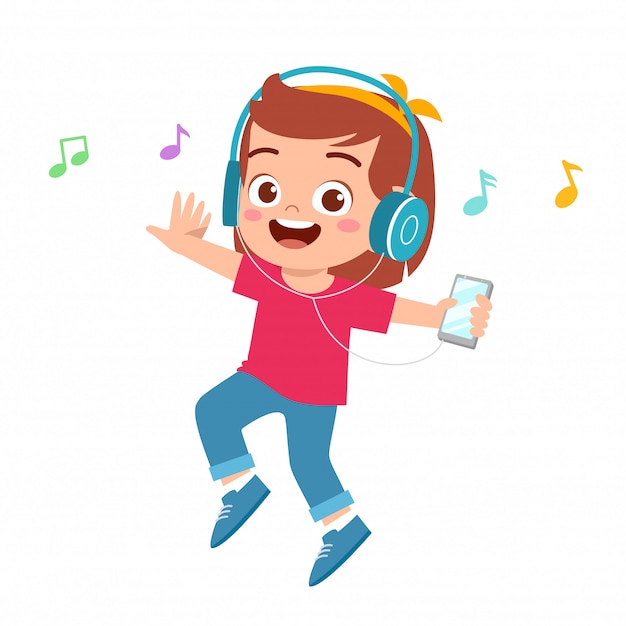 Specifically, I have seen this to be true in my own family. My love of tunes rubbed off on my boys before they were one! Then again, their dad and I met at a concert, so maybe it was just in the cards. In light of all this, the benefits of exposing your children to music are all too valuable to pass up. I’d love for you to hit comments and let us know what music collection gets your family in the groove or share what you include in your listening station! We really do want to know:)
Specifically, I have seen this to be true in my own family. My love of tunes rubbed off on my boys before they were one! Then again, their dad and I met at a concert, so maybe it was just in the cards. In light of all this, the benefits of exposing your children to music are all too valuable to pass up. I’d love for you to hit comments and let us know what music collection gets your family in the groove or share what you include in your listening station! We really do want to know:)
More Articles On Development
- 10+ Best Board Books Genres For A 0-1 Year Old Library
- 8 Shocking Truths About Teenage Brain Development Every Parent Must Know
- 25 Reasons All Children Should Be Listening To Music
- 7 Shocking Facts About The Development Of Your Child’s Prefrontal Cortex
- 6 Commonalities In The Parenting Of Billionaires
- 10 Best Easter Books Your Kids Will Love
- How To Have An Effective Parent-Teacher Conference
Want More On Connection?
- Bad Behavior Does NOT Mean Bad Kid
- Over 100 Proven Tips For Raising Boys: What A Boy Needs From His Parents
- 10 Easy Ways To Slow Down Time
- 25 Reasons All Children Should Be Listening To Music
- 21 MORE Ways To Say I Love You To Your Child By Showing It
- 21 Ways To Say I Love You To Your Child
- 7 Shocking Facts About The Development Of Your Child’s Prefrontal Cortex
- 4 Simple But Effective Ways For Connecting With Your Child
- 20 Drop-Off Habits That Ease Separation Anxiety In Toddlers
- The Importance Of Repetitive Family Vacation Destinations
The child listens to rap
Child's age: 10
The child listens to rap
Good afternoon.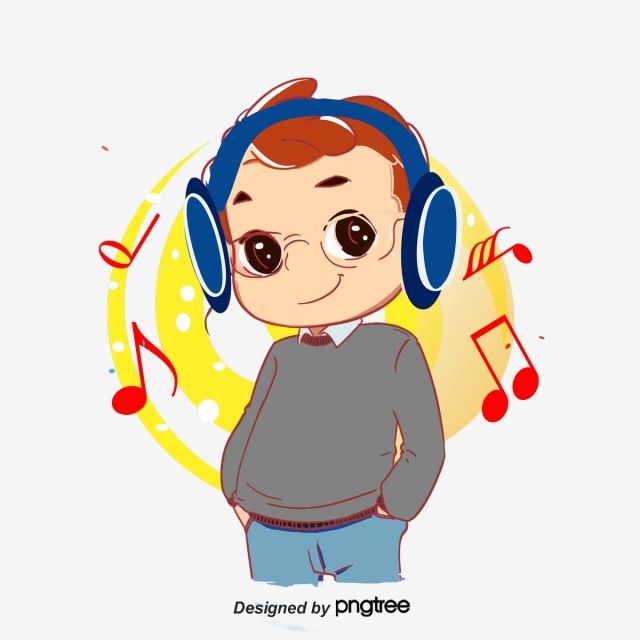 I have this question: my son began to listen to rap music, some of these songs are teeming with obscenities and vulgarity, I would not have believed it without listening to it personally. He hides them in the playlist from adults and older brother. At the same time, he has an analytical mindset, he is almost an excellent student, a participant in mathematics olympiads (elementary classes), he loves sports, goes to sections. The family tries to instill common cultural values. The middle sister, who goes to the same school as him, says that our ten-year-old acts "like everyone else" - that is, his classmates listen to rap, which is considered funny and "cool". In recent months, they began to notice that he began to imitate rappers in clothes, makes playful selfies ... In addition to rap, he listens to Rammstein (from his older brother) and knows classic rock artists. There is almost no interest in reading ... but he is diligent and will read if "necessary". Intelligence is above average, the question is, where does such a craving for wild, degraded music come from .
I have this question: my son began to listen to rap music, some of these songs are teeming with obscenities and vulgarity, I would not have believed it without listening to it personally. He hides them in the playlist from adults and older brother. At the same time, he has an analytical mindset, he is almost an excellent student, a participant in mathematics olympiads (elementary classes), he loves sports, goes to sections. The family tries to instill common cultural values. The middle sister, who goes to the same school as him, says that our ten-year-old acts "like everyone else" - that is, his classmates listen to rap, which is considered funny and "cool". In recent months, they began to notice that he began to imitate rappers in clothes, makes playful selfies ... In addition to rap, he listens to Rammstein (from his older brother) and knows classic rock artists. There is almost no interest in reading ... but he is diligent and will read if "necessary". Intelligence is above average, the question is, where does such a craving for wild, degraded music come from .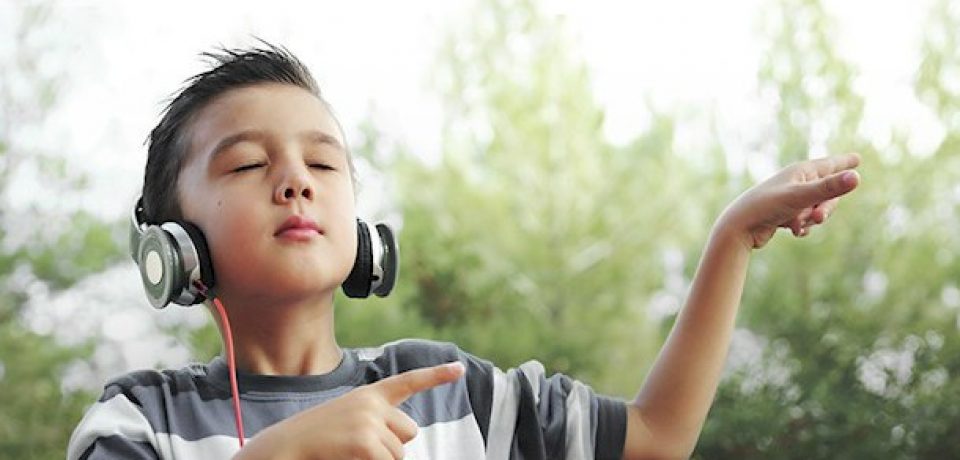 .. straight craving. How to be a parent. It was a shock for me... I can't even listen to a couple of songs from part of his "playlist" - it hurts my ears and so on. nine0005
.. straight craving. How to be a parent. It was a shock for me... I can't even listen to a couple of songs from part of his "playlist" - it hurts my ears and so on. nine0005
Ekaterina
Good afternoon, Ekaterina!
I understand your concerns. Rap culture can hardly be considered socially approved, often using shocking language, emphasized non-standard values, pretentiousness in clothing style and behavior.
This is becoming fashionable among young people precisely because it runs counter to public opinion. This is what rap appeals to teens and preteens (as in your case):
- Stand out among the crowd, and be bright and defiant;
- Express yourself, including using obscene language, so that everyone hears and understands that the child is becoming an adult;
- Find like-minded hobbies, have your own group where the child is understood and approved of his interest.
All of these items are typical for a child entering adolescence. He begins to feel his growing up, he has his own special interests - his personal, unlike anyone else, especially unlike his parents. This is important because in adolescence, the child is looking for himself and his way. And it starts just with the rejection of everything old and known. You can draw an analogy with a house - in order to build a new one, your own, which suits me, you first need to demolish the old one. nine0005
He begins to feel his growing up, he has his own special interests - his personal, unlike anyone else, especially unlike his parents. This is important because in adolescence, the child is looking for himself and his way. And it starts just with the rejection of everything old and known. You can draw an analogy with a house - in order to build a new one, your own, which suits me, you first need to demolish the old one. nine0005
In addition to the feeling of adulthood and freedom from listening to rap music, a child may have their own hobbies and musical preferences. And this is very good, because it says that he can turn to his inner world and understand what he likes and what not. You have probably noticed that not all adults are capable of this.
Interest in rap music can also be dictated by the child's environment. In order to be at home among their peers, not to be considered an outcast, children often begin to listen to certain music, prefer a specific style of clothing. You have to remember that this is all temporary. If preferences in music are only due to the environment, one day they will pass. nine0005
You have to remember that this is all temporary. If preferences in music are only due to the environment, one day they will pass. nine0005
Whatever the reasons, your task is not to push the child away because of his hobby. No music, no style of clothing should become a wall between you. The child has the right to his hobbies (and quite often they quickly pass or replace each other). But at the same time, if he knows that a loving and accepting family is waiting for him at home, that his home is his rear and support, then in case of problems or troubles, he will go to you, and not to his friends. If you trust your child, behave consistently and accept him without conditions, he will be able to trust you too. nine0005
But this does not mean that you cannot discuss your position on this issue with your son. In a calm, homely atmosphere, you have every right to say that you do not like rap music. And without shouting, without condemnation - neither in the direction of the child, nor in the direction of the music.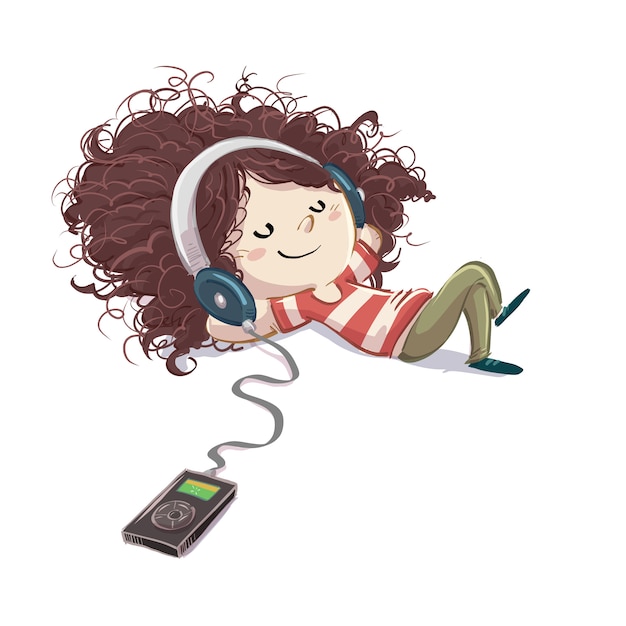 Explain that your preferences are different. Tell us why this kind of music hurts your ears. And agree, for example, that you can’t listen to it at full volume at home. Discuss the limits within which he can wear the attributes of rap culture. For example, you should not wear hoodies to school, but you can walk in them. Clothing is another way to express yourself and your “feature”, your difference from others. Do not deprive the child of the right to it. nine0005
Explain that your preferences are different. Tell us why this kind of music hurts your ears. And agree, for example, that you can’t listen to it at full volume at home. Discuss the limits within which he can wear the attributes of rap culture. For example, you should not wear hoodies to school, but you can walk in them. Clothing is another way to express yourself and your “feature”, your difference from others. Do not deprive the child of the right to it. nine0005
Another important recommendation is to find out from your child why he likes music. Again, ignoring condemnation and rejection, from a position of interest in the son and his personal preferences. Ask around what performers he likes, for what. How does he feel when he listens to rap and dresses in certain clothes. What features of rap culture are most interesting to him. After all, rap is not only a mat, loose clothes and some impudence in behavior. This is a kind of microcosm where freedom and self-expression are possible. This microcosm has its own laws, and often they are about honor, loyalty and dignity. But they are presented in such a way that it is difficult for us to see them the first time. nine0005
This microcosm has its own laws, and often they are about honor, loyalty and dignity. But they are presented in such a way that it is difficult for us to see them the first time. nine0005
All this does not mean that your child will immediately tell everything, open up and stop listening to rap. But your joint conversations, discussions, expression of points of view from both sides, will let your son understand that he is considered, he is accepted and his life is of interest.
Without condemning the interest in rap culture, support the child's other hobbies. Discuss with him your favorite subjects at school, his successes and failures, sports achievements. It is important to pay attention not only to what causes rejection in you, but also to what both of you may like. Try to find common hobbies with your son and discuss it periodically. nine0005
As I said, no matter what your son likes, no matter what he is interested in, having a home support and the confidence that he is loved will allow him to be bolder and more successful in life, find what he really likes, and contact for help and support to you, and not to look for them on the side.
Lilia Seryogina,
Psychologist of the Portal "I am a parent"
Consultation for parents: "How music affects the child's sleep"
"To fall in love with music,
you must first of all listen to it"
Dmitri Shostakovich
— . Our distant ancestors created musical instruments and with their help found such combinations of sounds and rhythms that fascinated and hypnotized a person. Other musical combinations contributed to a surge of strength, increased emotional tone, and encouraged a person to take action. nine0005
The influence of music on the development and condition of children was first studied in our country at the beginning of the 20th century by the psychoneurologist Bekhterev. He discovered that music not only develops and soothes children, but also contributes to their recovery and health.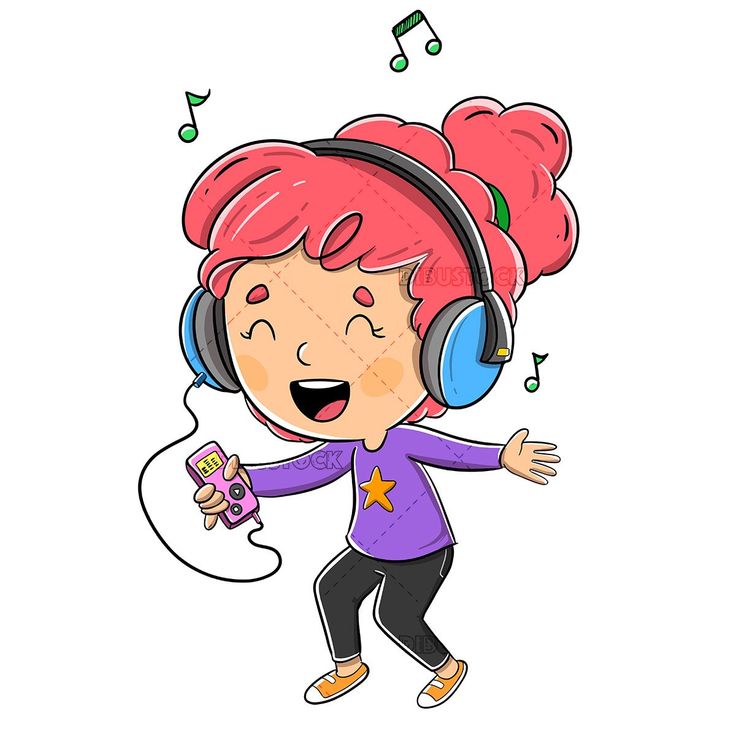 Music therapy used in pediatrics, for example, is based on these studies. Unbalance, fussiness, forgetfulness, confusion in speech, uncritical behavior indicate that the child is not getting enough sleep. A preschool child should sleep 12 to 14 hours a day. There is an opinion that there is nothing wrong with the fact that the child falls asleep to the sound of the TV, the conversations of adults. This is a serious misconception! Special studies have shown that in such an environment there can be no deep sleep, and therefore, the child's nervous system does not receive proper rest. In the presence of noise, extraneous sounds, the child's brain "reads" the information and the phase of deep sleep does not occur. The child becomes restless, irritable for no reason, often cries, loses appetite. During sleep, metabolic processes in the human body are normalized, and experts in the field of psychology and psychiatry note that good sleep is the best cure for anxiety. In a dream, all the reserve forces of the child are turned on, and the body independently seeks ways to heal.
Music therapy used in pediatrics, for example, is based on these studies. Unbalance, fussiness, forgetfulness, confusion in speech, uncritical behavior indicate that the child is not getting enough sleep. A preschool child should sleep 12 to 14 hours a day. There is an opinion that there is nothing wrong with the fact that the child falls asleep to the sound of the TV, the conversations of adults. This is a serious misconception! Special studies have shown that in such an environment there can be no deep sleep, and therefore, the child's nervous system does not receive proper rest. In the presence of noise, extraneous sounds, the child's brain "reads" the information and the phase of deep sleep does not occur. The child becomes restless, irritable for no reason, often cries, loses appetite. During sleep, metabolic processes in the human body are normalized, and experts in the field of psychology and psychiatry note that good sleep is the best cure for anxiety. In a dream, all the reserve forces of the child are turned on, and the body independently seeks ways to heal.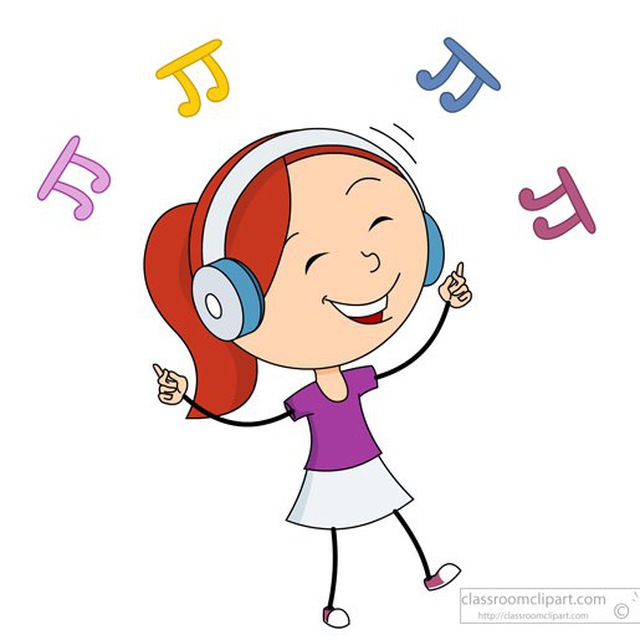 There is a so-called "cleansing" In addition, the child's brain "sends" to memory all the information received in the morning. There is room for new information that the baby will learn during a night's sleep. Already in the womb, the baby hears sounds from outside. Calm, harmonious music favorably affects the condition of the expectant mother and the development of the fetus, helps the unborn baby to grow up healthy and calm. As the French doctor A. Tomatis established, music even increases the intelligence of a child. Well, for a child who has already been born, music is simply necessary for complete harmonious development. It develops the child's senses, sense of rhythm, memory, attention, creative thinking. Growing up, the baby learns to make and imitate rhythmic movements with the help of music, it improves his motor skills and coordination of movements. Music will help you soothe your baby, rocking him before bed. nine0005
There is a so-called "cleansing" In addition, the child's brain "sends" to memory all the information received in the morning. There is room for new information that the baby will learn during a night's sleep. Already in the womb, the baby hears sounds from outside. Calm, harmonious music favorably affects the condition of the expectant mother and the development of the fetus, helps the unborn baby to grow up healthy and calm. As the French doctor A. Tomatis established, music even increases the intelligence of a child. Well, for a child who has already been born, music is simply necessary for complete harmonious development. It develops the child's senses, sense of rhythm, memory, attention, creative thinking. Growing up, the baby learns to make and imitate rhythmic movements with the help of music, it improves his motor skills and coordination of movements. Music will help you soothe your baby, rocking him before bed. nine0005
Children who regularly listen to quiet, soothing music grow calmer and sleep better. Music at bedtime can evoke positive emotions in children. They will fall asleep and wake up in a good mood, which will be an excellent motivation for contacting other people and completing some tasks assigned to them. The classic acts on children as a sedative. If you turn music therapy before bedtime into a daily ritual, soon the baby will associate the selected compositions with this. He will begin to sink into a deep sleep faster, and it will become much easier to put the baby to bed. nine0005
Music at bedtime can evoke positive emotions in children. They will fall asleep and wake up in a good mood, which will be an excellent motivation for contacting other people and completing some tasks assigned to them. The classic acts on children as a sedative. If you turn music therapy before bedtime into a daily ritual, soon the baby will associate the selected compositions with this. He will begin to sink into a deep sleep faster, and it will become much easier to put the baby to bed. nine0005
The effect of music therapy on a person has been proven for a long time, but when putting our baby to bed, we don’t even realize how useful “sleep music” is for children. Depending on the chosen composition, the emotional background of the baby, his psyche and even musical taste can develop. In addition, calm and melodic pieces will relieve stress and help the child relax. Music before bedtime will speed up the development of speech, and in the future it will be easier for the baby to study the exact sciences.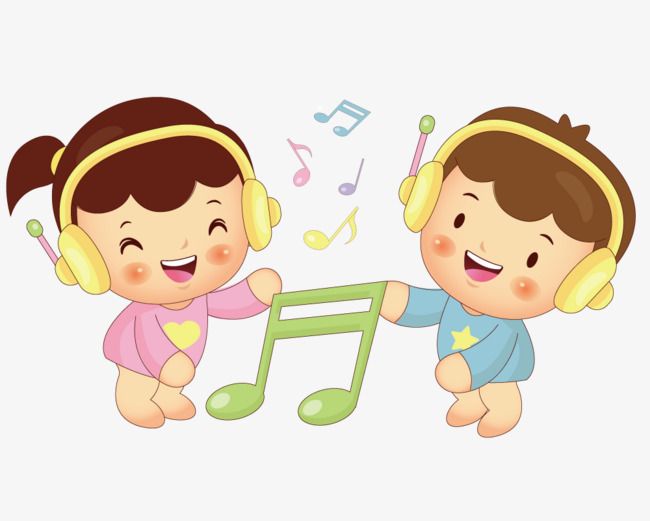 Calm melodies help in concentration. nine0005
Calm melodies help in concentration. nine0005
The French researcher Tomatis especially recommended Mozart's works, since Mozart's tonal sound range is close to the timbre colors of the human voice. In addition, Mozart used in his compositions sound volume transitions that coincided with biorhythms in the cerebral hemispheres. Tomatis found that children who listen to Mozart before the age of three become smarter. He called this effect the Mozart effect. And in the US state of Georgia, funds were even allocated to purchase discs of the Mozart Effect series for each newborn. nine0005
To calm the baby, you need to choose pieces of music at a slow pace (“andante”, “adagio”). For example, you can include for your child the second part of Mozart's "Little Night Serenade", "Ave Maria" by Schubert, the second parts of Beethoven's piano sonatas, "Winter" from "The Seasons" by Vivaldi, the duet of Lisa and Polina from "The Queen of Spades" by Tchaikovsky, " Swan" by Saint-Saens or "Lark" by Glinka. On the contrary, an organ or classical works in a minor key can cause anxiety and anxiety in a baby, so they should be avoided. nine0005
On the contrary, an organ or classical works in a minor key can cause anxiety and anxiety in a baby, so they should be avoided. nine0005
You can buy CDs with traditional classical music or classical music arranged especially for babies (where bells are included in the ensemble of instruments). You will see by the reaction of your child which option he likes best. Use recordings of classical music against the background of sounds of nature - the sound of the surf, the sounds of the forest, etc. These discs are called: "Baby by the Sea", "Baby by the River", "Baby in the Forest" ...
nuances when listening to music with children:
- Young children should not be allowed to listen to music through headphones as this can ruin hearing, the child's ears perceive only scattered sound.
- Music should be turned on quietly, approximately the way you talk to a child, this is the most optimal listening.
- When listening to music, the work of the heart and breathing adjust to the rhythm of the music, so you must understand what kind of music and what rhythm should be included in the child, and which should not.

Learn more

